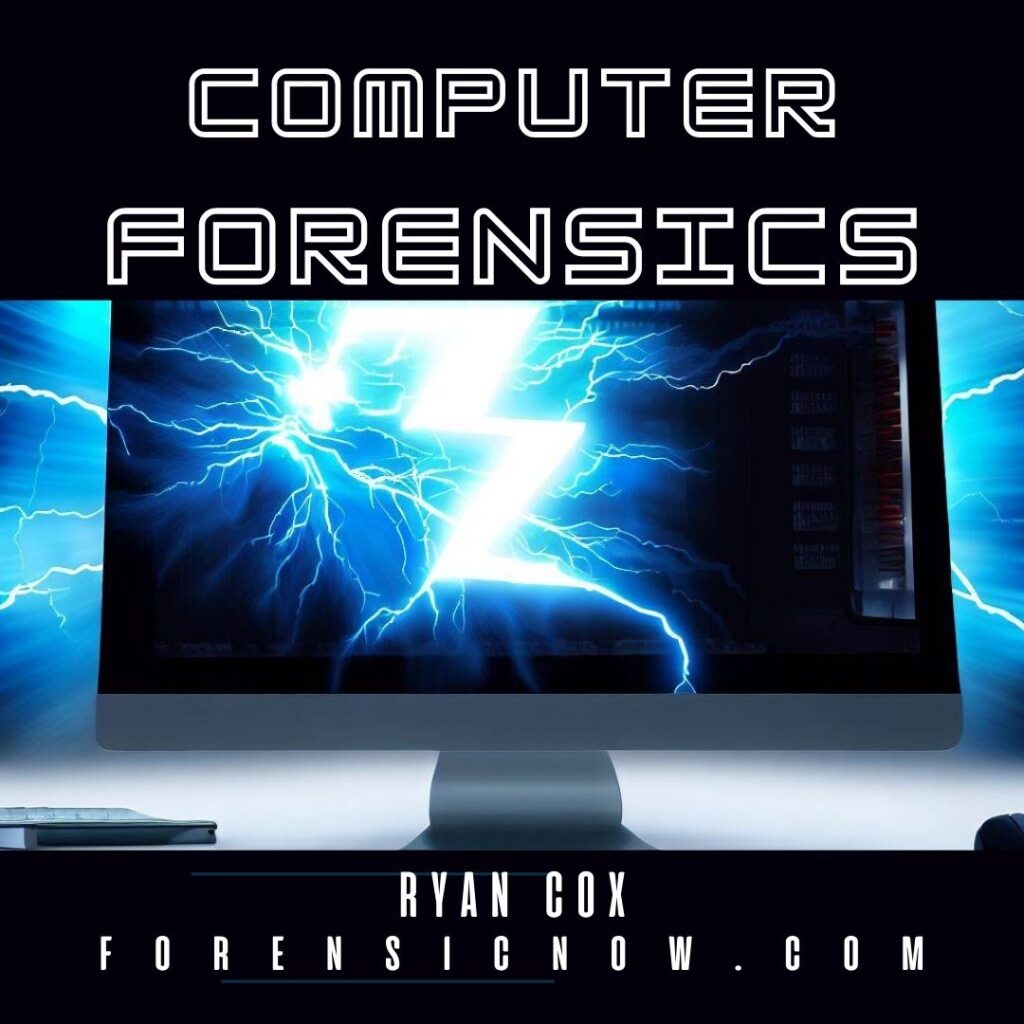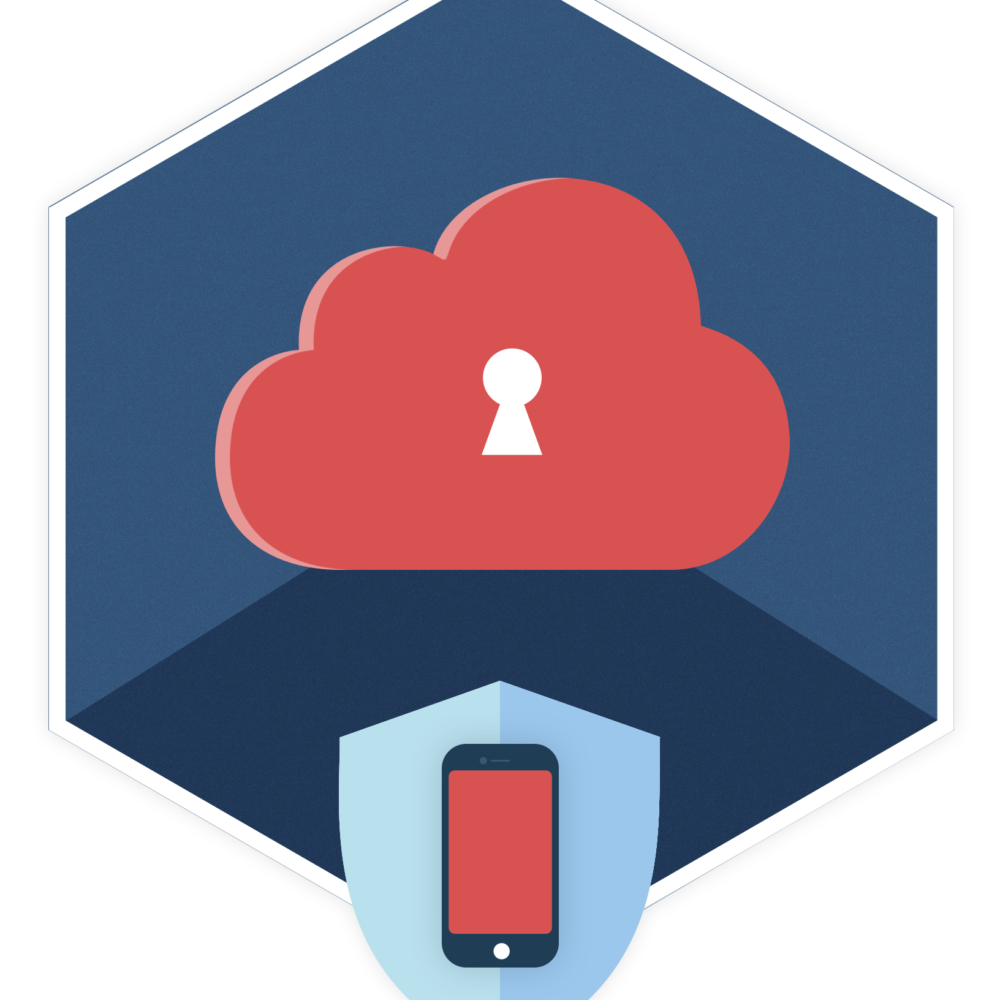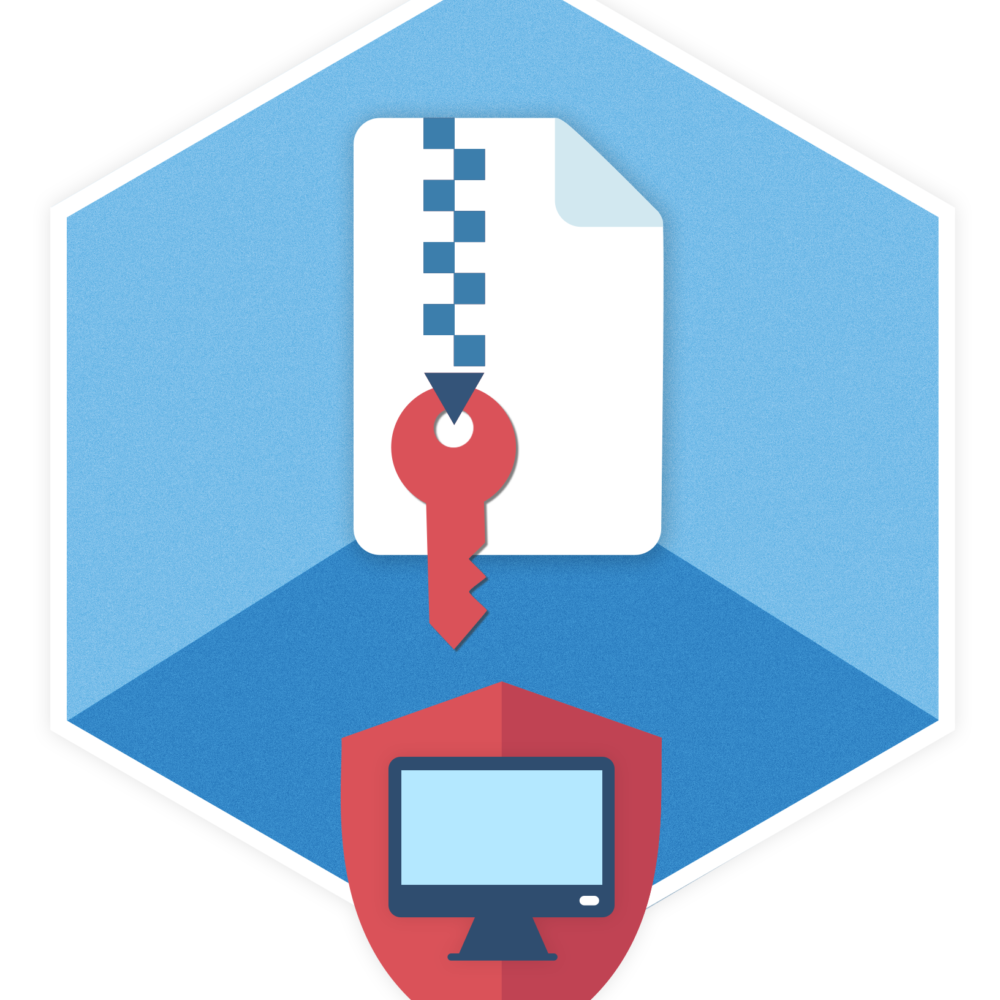
The Intricacies of Computer Forensics

Computer forensics comprises collecting, analyzing, and preserving electronic data stored on computers and electronic devices. Forensic investigators gather digital evidence to use for legal and criminal proceedings. However, to be effective and present well-documented and admissible evidence in a court of law, investigators need several specialized skills.
Forensic investigators must understand various industry-standard tools, techniques, and processes that pertain to conducting an investigation. Digital investigators use volatile memory capture, file signature analysis, or malware analysis techniques to gather and analyze digital evidence.
Hash values and encryption key recovery are essential in the digital investigation process. The cryptographic approach is employed to recover data that is confidential or not accessible without encryption keys. Digital investigators have to possess a thorough understanding of the different types of encryption algorithms, allowing them to use appropriate methods to recover the keys.
Digital forensics and forensic accounting have become intertwined in recent years, in particular in managing and addressing fraud cases. Investigators perform extensive research on the transactions, bank statements, and wire transfers to ensure that the paper trail leaves no stone unturned.
Finally, it is crucial for investigators to maintain a working knowledge of the laws and regulations of their respective jurisdictions. In accordance with SOC, HIPPA and GDPR, it is the responsibility of the investigatory team to ensure that data privacy laws are being adhered to, while investigations are conducted, and evidence collected.
In conclusion, computer forensics has evolved significantly in recent years, and investigators must continue to optimize their methodologies, forensic tools and techniques, and practices to keep up with the rapid changes in technology. This requires staying up to date with current best practices, including user agreements and legislation affecting the forensics process.



